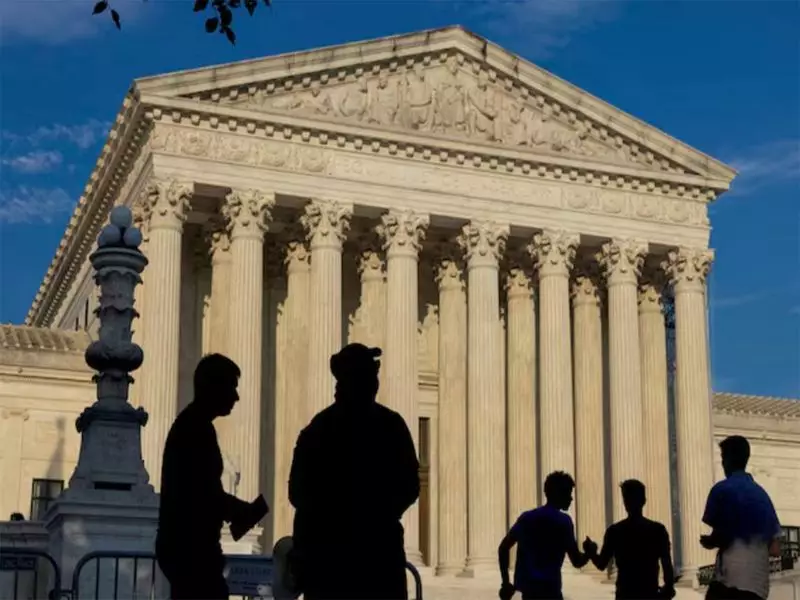
The United States Supreme Court is poised to make a landmark decision this Wednesday that could reshape international trade relations and directly affect Indian steel manufacturers. The case challenges the constitutionality of former President Donald Trump's controversial tariffs on steel imports imposed in 2018.
What's at Stake for Indian Industry?
Indian steel exporters have been closely monitoring this legal battle, as the outcome could determine whether billions of dollars in tariffs collected under Trump's administration were legally imposed. The Section 232 tariffs, which imposed a 25% duty on steel imports, significantly impacted India's steel export strategy to the American market.
The Legal Challenge Explained
The case centers on whether the Trump administration overstepped its authority by using national security concerns to justify sweeping tariffs on allied nations. Several American businesses and trading partners challenged the tariffs, arguing they were an improper use of presidential power that harmed the US economy more than it helped.
Potential Outcomes and Implications
If the Supreme Court upholds the tariffs: This would reinforce presidential authority in trade matters and likely maintain current tariff structures, continuing challenges for Indian steel exporters seeking competitive access to US markets.
If the Court strikes down the tariffs: This could trigger massive refunds to importers who paid the duties and potentially open new opportunities for Indian steel manufacturers to increase exports to the United States without the 25% penalty.
Broader Impact on Global Trade
The decision comes at a critical time when India is negotiating its trade relationship with the United States. A ruling against the tariffs could strengthen India's position in ongoing trade discussions and potentially lead to more favorable terms for Indian exporters across multiple sectors.
Industry experts suggest that regardless of the outcome, the Supreme Court's decision will establish important precedents for how future administrations can use trade protection measures and what constitutes legitimate national security concerns in international trade.






